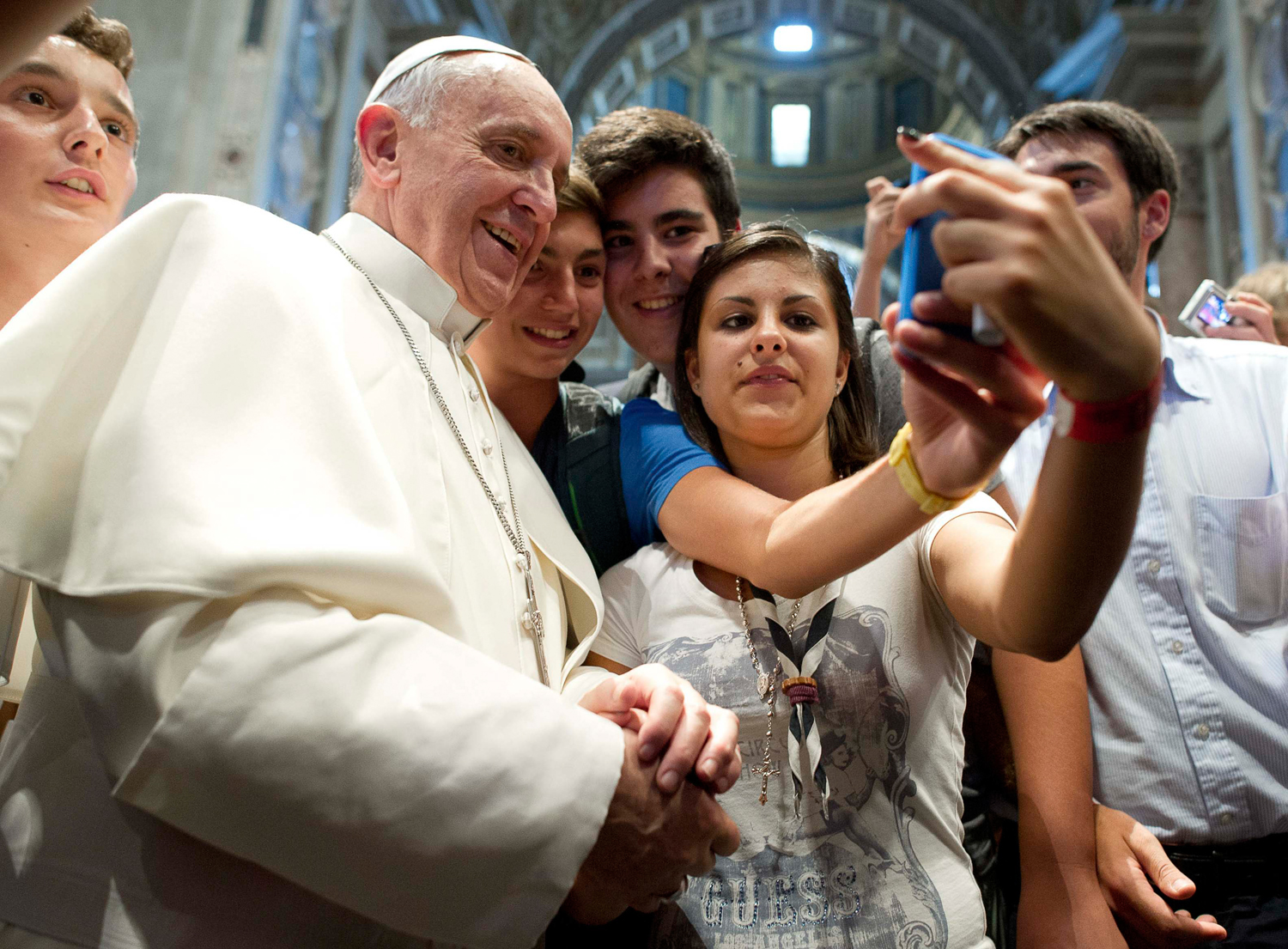Of the new wave of self-designated digital worriers, Jaron Lanier always makes the most sense to me. In his latest Edge essay, “The Myth of AI,” he draws a neat comparison between the religionist’s End of Days and the technologist’s Singularity, the Four Horseman supposedly arriving in driverless cars. An excerpt:
“To my mind, the mythology around AI is a re-creation of some of the traditional ideas about religion, but applied to the technical world. All of the damages are essentially mirror images of old damages that religion has brought to science in the past.
There’s an anticipation of a threshold, an end of days. This thing we call artificial intelligence, or a new kind of personhood… If it were to come into existence it would soon gain all power, supreme power, and exceed people.
The notion of this particular threshold—which is sometimes called the singularity, or super-intelligence, or all sorts of different terms in different periods—is similar to divinity. Not all ideas about divinity, but a certain kind of superstitious idea about divinity, that there’s this entity that will run the world, that maybe you can pray to, maybe you can influence, but it runs the world, and you should be in terrified awe of it.
That particular idea has been dysfunctional in human history. It’s dysfunctional now, in distorting our relationship to our technology. It’s been dysfunctional in the past in exactly the same way. Only the words have changed.
In the history of organized religion, it’s often been the case that people have been disempowered precisely to serve what were perceived to be the needs of some deity or another, where in fact what they were doing was supporting an elite class that was the priesthood for that deity.
That looks an awful lot like the new digital economy to me, where you have (natural language) translators and everybody else who contributes to the corpora that allow the data schemes to operate, contributing mostly to the fortunes of whoever runs the top computers. The new elite might say, ‘Well, but they’re helping the AI, it’s not us, they’re helping the AI.’ It reminds me of somebody saying, ‘Oh, build these pyramids, it’s in the service of this deity,’ but, on the ground, it’s in the service of an elite. It’s an economic effect of the new idea. The effect of the new religious idea of AI is a lot like the economic effect of the old idea, religion.”
Tags: Jaron Lanier

